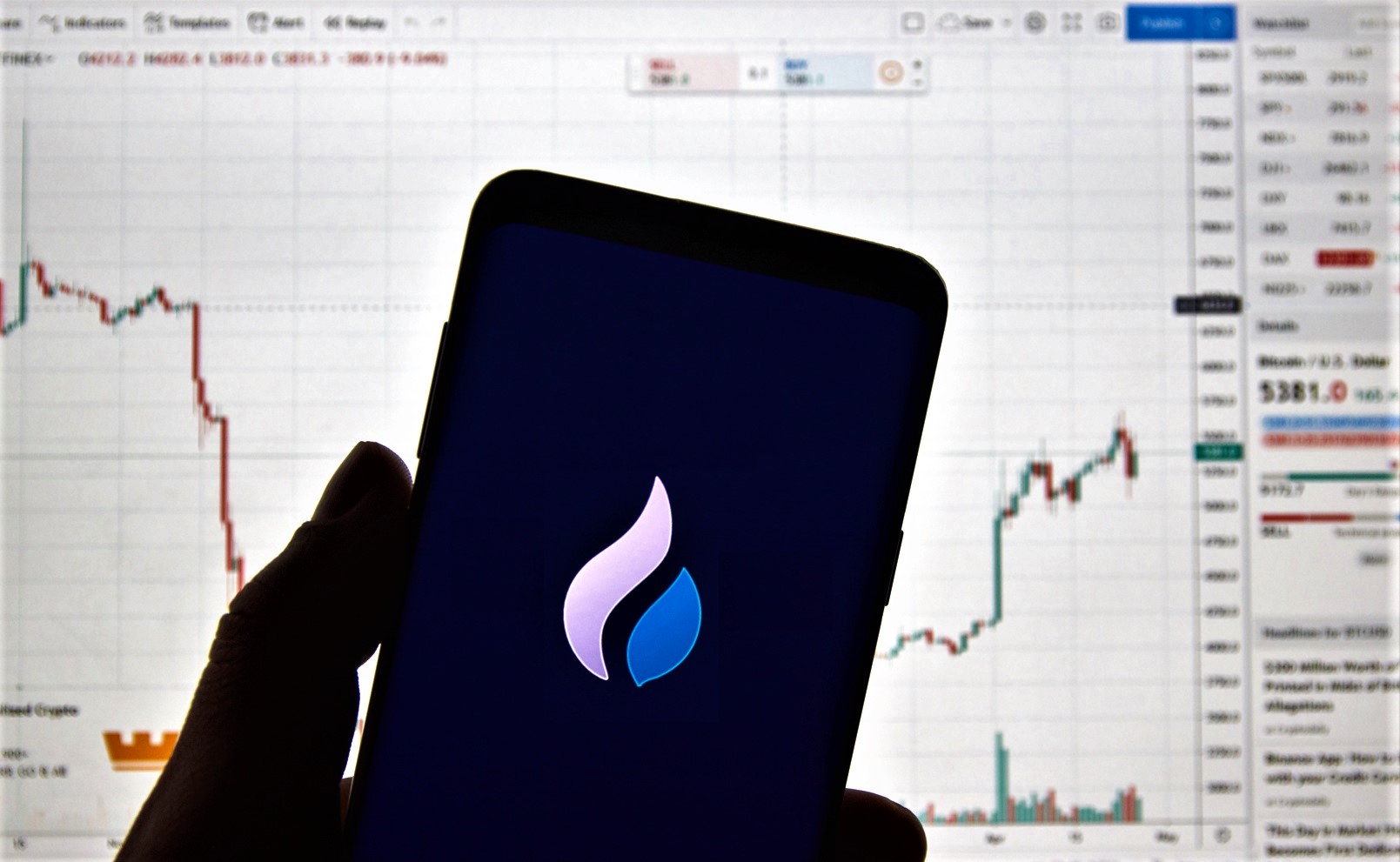
- Huobi Korea implements upgrades and restrains some services for improved exchange.
- Huobi Korea to terminate local virtual asset services on Jan 29 due to industry concerns.
- Recent changes in ownership and proof of reserves showcase resilience and commitment.
In a strategic move, Huobi Korea has announced the termination of its local virtual asset trading services. As per the official notice on its website, the termination is scheduled for January 29, underscoring concerns about the current industry environment.
This decision is attributed to the evolving industry landscape and is part of the exchange’s broader initiatives for brand renewal and system upgrades.
Huobi Korea’s termination
This bold move aligns with the exchange’s proactive measures to adapt to changing market dynamics. Huobi Korea has not only restricted some services but is also undergoing brand renewal and system upgrades, signalling its commitment to offering enhanced virtual asset exchange services.
The company, expressing gratitude to its loyal customers, emphasized its regret for discontinuing services to those who have been patrons for an extended period. However, amidst this transition, Huobi Korea reassures its users that it will continue to support the withdrawal of assets without any disruption. Customers are encouraged to withdraw their holdings in both Korean Won (KRW) and virtual assets.
This termination announcement comes on the heels of significant changes within Huobi Korea. In the preceding year, the exchange had already taken steps to operate independently from its parent company, Huobi Global. Chairman Cho Kook-bong acquired majority shares, marking a distinct shift in ownership.
Huobi Korea’s decision to terminate virtual asset trading services also follows the publication of a “proof of reserves,” showcasing a robust reserve ratio of 101%. This move, perhaps prompted by industry concerns surrounding crypto firms’ solvency, occurred shortly after the collapse of the FTX crypto exchange.
Looking forward, Huobi Korea plans to re-enter the market through new blockchain business models and services. The exchange’s resilience and adaptability in response to industry challenges demonstrate a strategic approach to sustaining its position in the ever-evolving cryptocurrency landscape.

